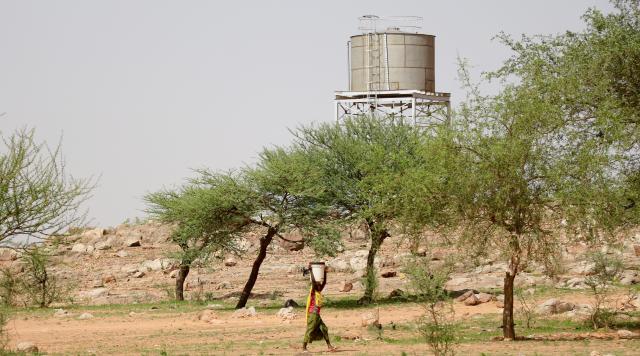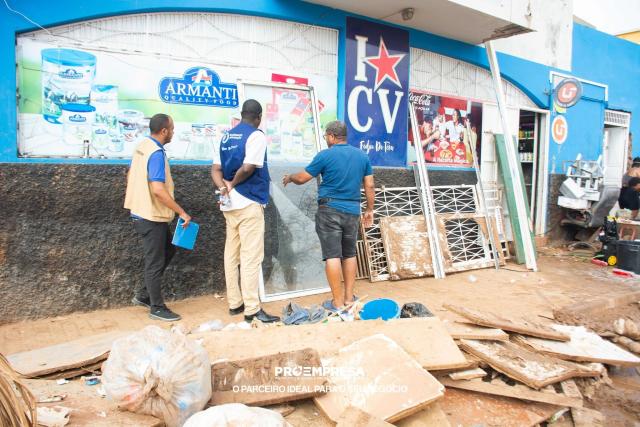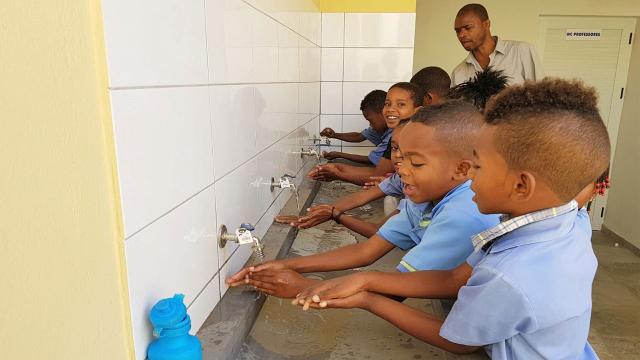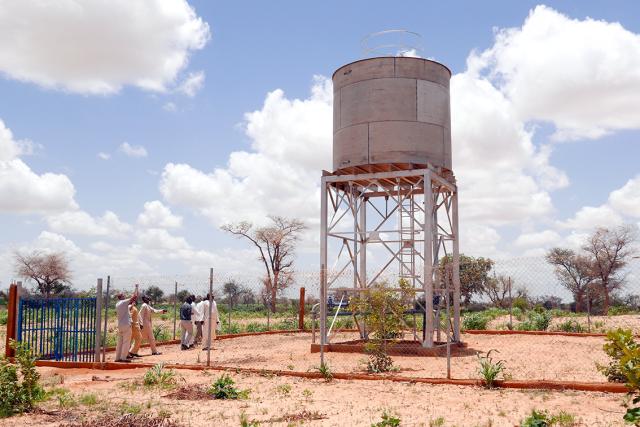Water and sanitation
Closed
LuxDev

Preview
Donor(s)
- Luxembourg
Implementation period
12.07.2022 - 11.07.2027
Total duration
60 months
Access and management of water resources are major challenges in Niger, both for improving the living conditions of the population and for preventing conflicts, but also for economic development.
In this context, the Ministry of Water and Sanitation has set up the Water and Sanitation Sector Programme (PROSEHA) 2016–2030. The Luxembourg Cooperation, a key partner in the implementation of this programme for several years, is renewing its support through the NIG/029 programme addressing the water and sanitation theme of the ICP IV between Luxembourg and Niger.
Aligned with national policies and strategies, the Water and Sanitation programme, contributes to improving access to clean water and sanitation by focusing on four main changes:
- universal and equitable access to drinking water in villages, especially for the most vulnerable users;
- equitable access to hygiene and sanitation services for all, especially for women and girls;
- equitable and sustainable management of water resources at national and local levels; and
- access to water for all, preserving social cohesion and the mobility of people and livestock in pastoral areas.
In order to address these different aspects and in accordance with the programme approach that characterises it, NIG/029 is financed largely through the Common Financing Mechanism, a multi-donor fund to which the Luxembourg Cooperation has made a major contribution since 2016 and which has proven its effectiveness.
Capacity building is the other fundamental dimension of NIG/029. The challenge is to strengthen all the actors, including professionals in the sector, who guarantee the sustainability of water and sanitation services, IWRM and pastoral hydraulics at the local and national levels. Particular emphasis is placed on strengthening the deconcentrated services of the State, local authorities and private operators and public institutions.
Regarding cross-cutting aspects, NIG/029 pays particular attention to the gender dimension, both in terms of intervention strategies and activities, but also in the monitoring and evaluation (M&E) system, which will be equipped with the capacity to monitor gender-specific indicators that will make it possible to effectively measure gender-related results and impacts. The environment and climate change will also receive special attention through the development of IWRM and the systematic integration of the "Do no harm" approach in infrastructure planning. Finally, in a complex security context, the triple Nexus approach of humanitarian-development-peace will strengthen the programme in order to better take into account the consequences of a multi-faceted crisis and to provide more appropriate responses.
Aimed at rural populations and in particular vulnerable groups, including women and girls as well as inhabitants of pastoral areas, the programme will run for five years throughout the country. It also benefits professionals in the water and sanitation sector, both in the public and private sectors, in order to ensure the viability of the ecosystem and synergies around a sustainable, equitable and job-creating public water service.
Budget
Total budget
EUR 73,045,072
Contribution breakdown
-
EUR 40,000,000
Ministry of Foreign and European Affairs, Defence, Development Cooperation and Foreign Trade
Documentation
Explore more
LuxDev implements other projects and programmes in the same country or sector.
All projects-

In execution Cabo Verde
Support for rehabilitation efforts following Tropical Storm Erin
Water and sanitation
Support for rehabilitation efforts following Tropical Storm Erin -

In execution Cabo Verde
Water and sanitation sector support programme
Water and sanitation
Water and sanitation sector support programme -

In execution Ukraine
Ukraine Energy Support Fund
Others
Ukraine Energy Support Fund



